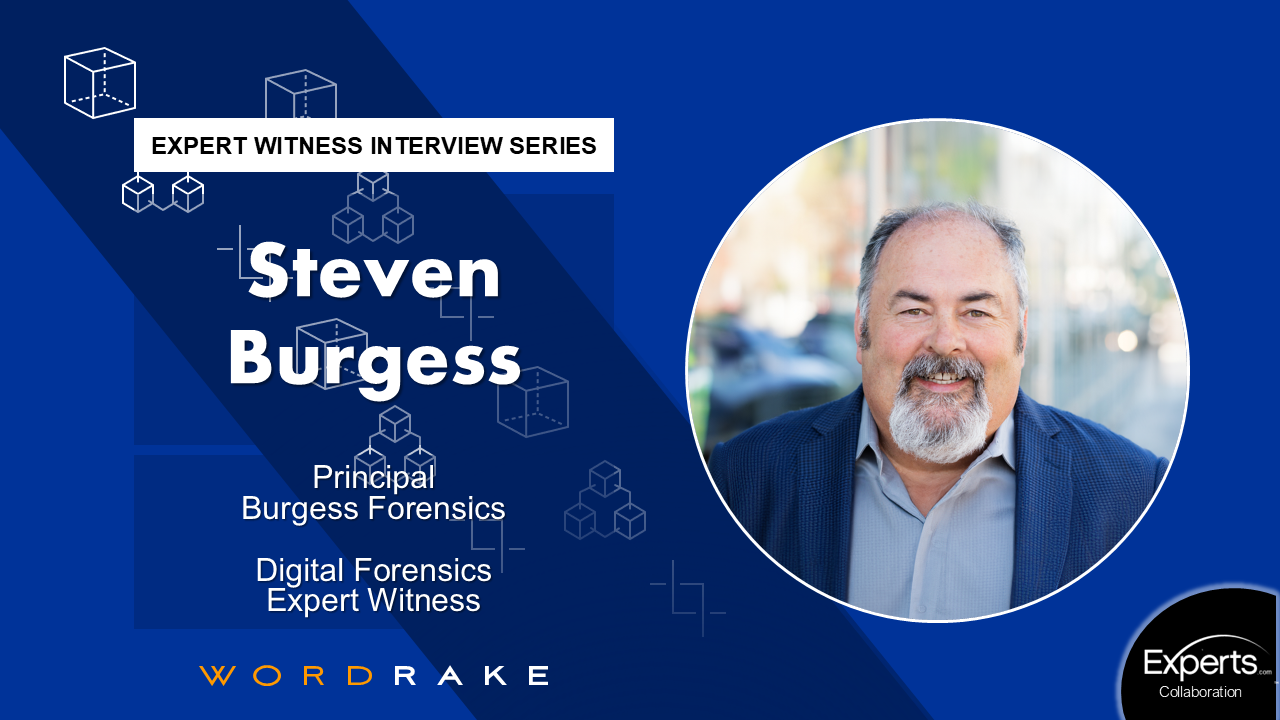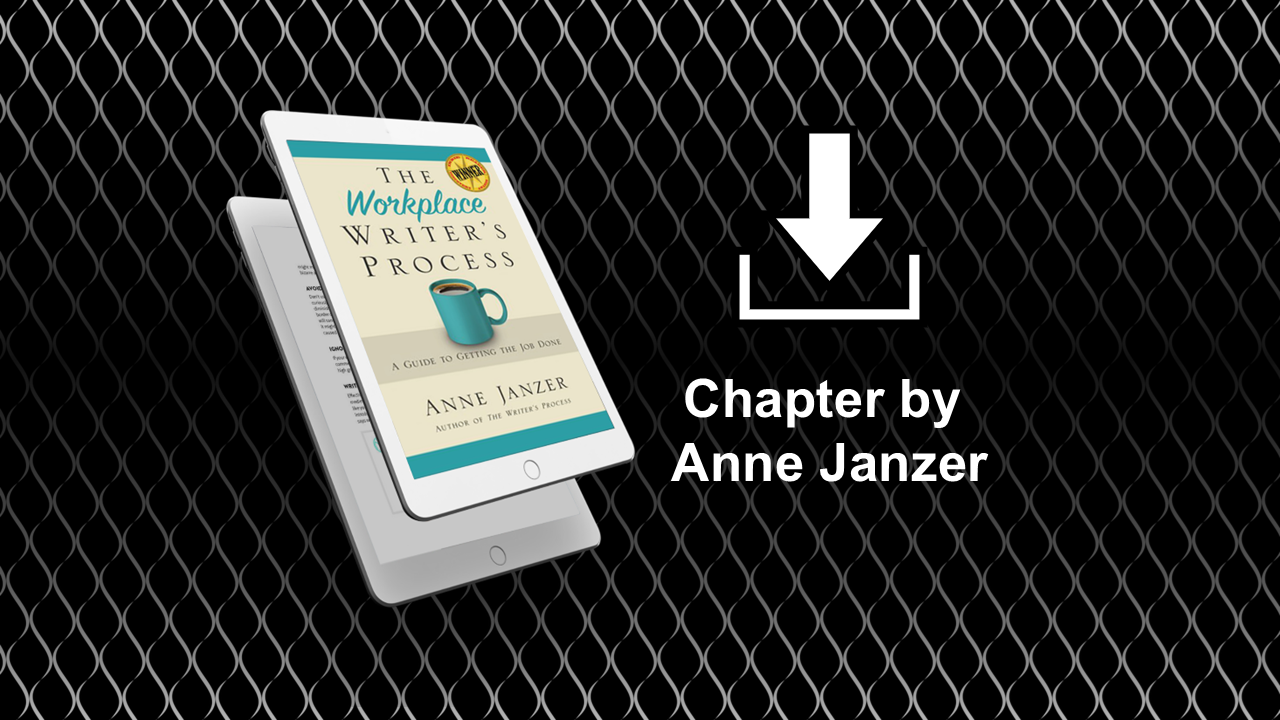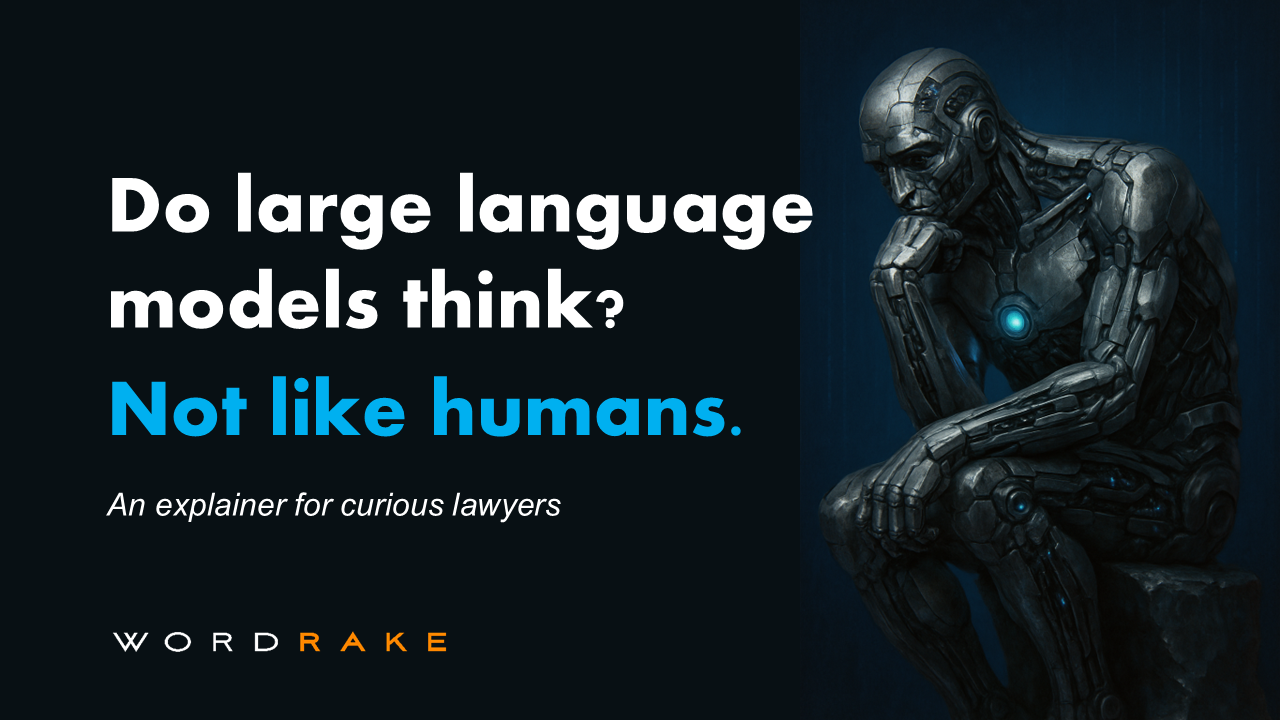Want to meet the expert who worked with Bobby Brown's manager to recover a 10MB hard disk?
Meet Steven Burgess, a digital forensics expert witness and founder of Burgess Forensics. He initiated the data recovery industry and helped law firms, universities, government agencies, and businesses retrieve, extract, and detect information from digital devices. Read about his digital forensics and expert witness experience.
What is your professional background, and how did you become an expert witness?
I established the first commercial data recovery company in the United States in 1984. I actually started it as a floppy disk drive repair company. But almost immediately, I was approached by two clients for the recovery of 10MB & 20MB of data, respectively, and I had to develop a methodology for recovering the data. There were no off-the-shelf data recovery tools at the time.
Around 1994, I sold the service line and assets of that company to a friendly competitor and trained them for about four years. They took in a case that involved litigation but which didn’t fit their business model, so they asked me to take it on myself. This was also my first case involving expert testimony, which was very early in the computer/digital forensic industry. There were three or four other professionals doing such work at the time.
In these past forty years, as the field has grown, my practice has also grown organically. I have worked on about 20,000 digital devices and documents, have written and testified widely, and have worked for clients worldwide, although the great majority have been in the USA .
What kinds of cases do you typically work on, and what types of attorneys or law firms seek your expertise?
I work on a wide variety of cases, including document and email authentication, as well as cell phone and other mobile forensics cases. These run the gamut of areas of law, including family law, criminal law, military cases, corporate law, and intellectual property law – we’re not particularly picky. I have been retained for some work through Experts.com.
What kinds of documents do expert witnesses write?
Expert witnesses write declarations, expert reports, and general advice.
How do you prepare to write an expert witness report?
I start with an expert report or declaration template that I have written myself. Then, I review the evidence and discovery at hand and begin to enter it into the relevant part of the body of the report. I consult with my client to see what they’d like me to include from my research and findings.
Why is it important to be a strong writer when you are an expert witness?
Having strong writing skills implies competence, and clear writing allows the intended audience or reader to understand the findings.
Are expert witness reports different for civil versus criminal cases?
They are not so different. However, criminal cases are unlikely to have depositions, and law enforcement may limit access to evidence at first. In these cases, the attorney needs to make the push.
What strategies or tools help you make your reports more persuasive and defensible in court?
Over the decades, I have evolved my report-writing style to make it clearer. I may read my reports out loud to an assistant, which is quite helpful. I allow my client to read it and make suggestions, especially proofreading suggestions, though I am careful not to allow the client’s opinions into the report.
What do you think about using AI in expert witness writing? Are there ethical methods for implementing it in your practice?
I have only experimented with AI writing and have not used it at all in my practice. I have had a few clients try to have AI write reports for me, but they are inevitably poorly written and contain unsubstantiated assertions. They are also not in my style, of course. I don’t think it is unethical to have an AI helper for suggestions and editing, even though I have not yet done so. In any case, the work needs to be mine.
Because AI is prevalent, how valuable is it to execute good expert witness writing? Has AI changed the quality of expert witness writing?
AI is getting better at a remarkable pace in writing creatively and factually. But like with anything, it’s likely to have a lot of holes in it if not carefully checked and rewritten. I'm not sure if AI has changed the quality of expert witness writing yet.
What role does reputation play in getting hired repeatedly as an expert witness?
Reputation is extremely important in getting rehired by a given firm or professional. It’s really the crux of the matter when testifying.
How does online visibility—like directories or profiles—help attorneys find you and evaluate your practice?
Directories and profiles remain the primary ways to gain visibility so that one can be hired.
Besides being an Experts.com member, do you self-promote your work and services (social media, newsletter subscriptions, etc.)?
Yes. Besides being an Experts.com member, I have a blog on my website, I publish articles on social media, and I do talks for Bar Associations and paralegals.
What makes an expert witness credible to a judge or jury?
I think being honest, listening to questions, not being combative, speaking in lay terms as much as possible (and explaining the non-lay ones), admitting things we don’t know, and toning down the know-it-all attitude that some experts have. Credibility requires being humble.
Have you ever had to revise a report after feedback that it wasn't clear or persuasive enough? What did you learn?
Sure, lawyers make useful suggestions all the time, and it behooves me to internalize these lessons.
What do you wish lawyers knew about working with expert witnesses?
I wish lawyers knew that we’re here to help, and that we can usually help with a case. Sometimes our analysis makes the case.
But, overall, lawyers have historically been pretty good about giving me the information I need to determine the scope of the engagement and whether we’re a good match. However, when information is missing, it’s often about the scope. At the same time, as the computer experts, we do need to educate lawyers a bit about what’s possible and what’s not.
As an expert witness, do you think there is a disconnect between expert witness communities and attorneys and law firms?
This is a great question. It might be useful to have a forum where experts and attorneys get to ask and answer each other's questions. I’m game. Let’s start that.
Tell us about a published piece of work you're most proud of and why.
1. I like that I wrote the computer forensic section of the textbook Scientific Evidence in Civil and Criminal Cases by Moenssens et. al.
2. One of my favorite pieces is one of my first blog posts, “The Case for Electronic Discovery.” It’s ten years old, so it’s a little outdated, but it’s still informative.
3. My “detective noir” articles, like “CSI Cases from Burgess Forensics #69 A Case of Hiphop Beef.”
What are the top 3 skills an expert witness must have for success?
The top three skills expert witness must have for success are staying up to date, communicating clearly, and maintaining curiosity.
About the Author
Steven Burgess, founder of Burgess Forensics, pioneered the data recovery industry in 1985 when Bobby Brown’s manager came begging to this former floppy drive repair company (yes, floppy drives!) to recover data from his crashed 10MB (yes, 10 MB) DOS hard disk. By developing methodologies for recovery, an industry was born. He has run his own labs for 38 years in San Luis Obispo, San Mateo, Marin, and Santa Barbara Counties.
Burgess has performed data recovery, electronic data discovery, and forensic analysis on more than 15,000 hard disks and other digital media for firms and individuals in 49 US states and provinces and in several other countries. He has deposed and qualified as expert witness in many state, municipal and military courts, as well as for labor boards.
Visit Steven's Experts.com profile and connect with him on LinkedIn.









